Society lives by faith, and develops by science
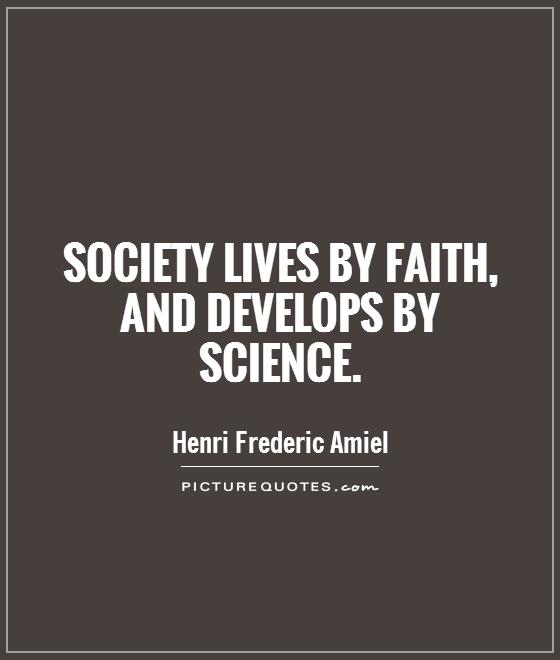
Society lives by faith, and develops by science
Henri Frederic Amiel, a Swiss philosopher and poet, once said, "Society lives by faith, and develops by science." This statement encapsulates the delicate balance between belief and reason that has shaped human civilization throughout history. In order to fully understand the significance of Amiel's words, it is important to delve into the relationship between faith and science in the context of societal development.Faith has played a crucial role in the formation and maintenance of societies since the dawn of civilization. It provides a sense of purpose, meaning, and unity to individuals within a community. Whether it be religious faith, faith in a political ideology, or faith in a shared set of values, belief systems serve as the foundation upon which societies are built. Faith provides the moral and ethical framework that guides human behavior and interactions, shaping the norms and customs that govern social life.
However, faith alone is not sufficient for societal progress and advancement. Science, on the other hand, is the systematic pursuit of knowledge through observation, experimentation, and analysis. It is through the application of scientific principles that societies have been able to innovate, discover, and improve the quality of life for their members. From the development of agriculture and medicine to the exploration of outer space and the invention of the internet, science has been instrumental in driving human progress and shaping the world we live in today.
The tension between faith and science is a recurring theme in human history. Throughout the ages, societies have grappled with the conflict between traditional beliefs and scientific discoveries. The Galileo affair, for example, exemplifies the clash between religious dogma and empirical evidence, as the Catholic Church condemned Galileo for his support of the heliocentric model of the universe. Similarly, the Scopes Monkey Trial in the United States highlighted the debate over the teaching of evolution in schools, pitting religious fundamentalism against scientific rationalism.
Despite these conflicts, faith and science are not necessarily mutually exclusive. In fact, they can complement each other in the pursuit of truth and understanding. Faith provides the moral compass that guides scientific inquiry, while science offers the tools and methods to test and validate faith-based claims. The integration of faith and science can lead to a more holistic and nuanced understanding of the world, allowing societies to navigate the complexities of modern life with wisdom and insight.

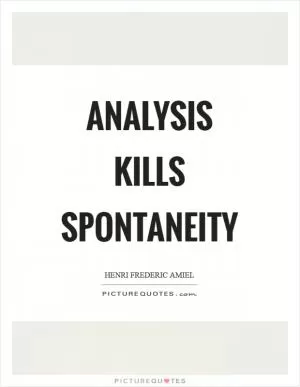
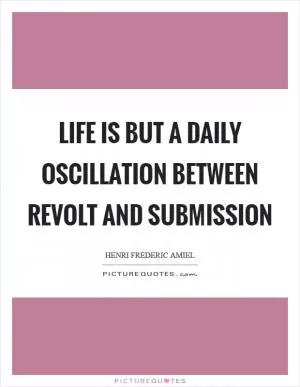

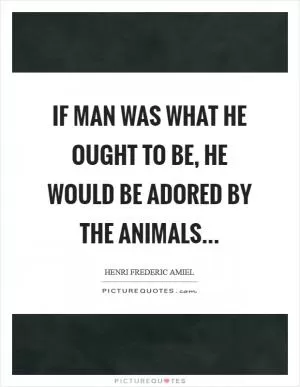
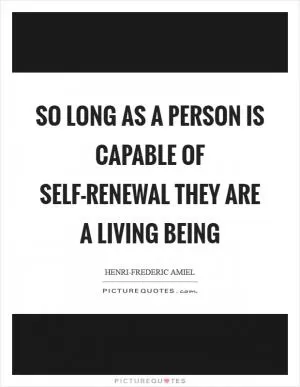

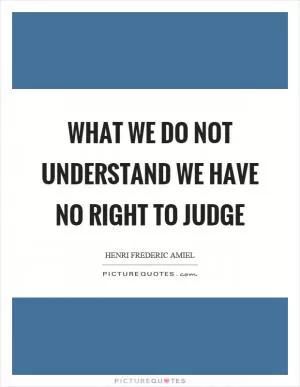
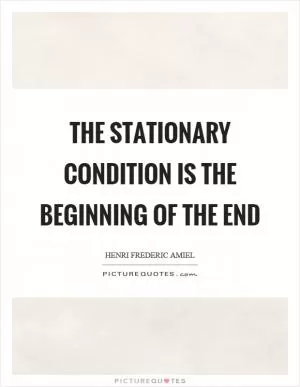
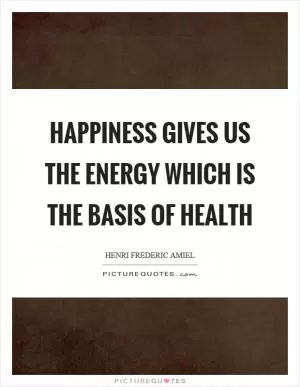
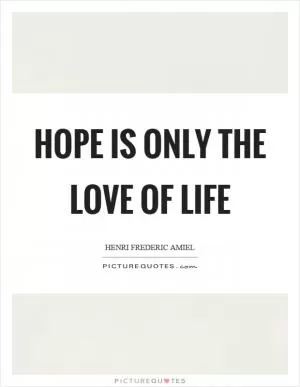

 Friendship Quotes
Friendship Quotes Love Quotes
Love Quotes Life Quotes
Life Quotes Funny Quotes
Funny Quotes Motivational Quotes
Motivational Quotes Inspirational Quotes
Inspirational Quotes